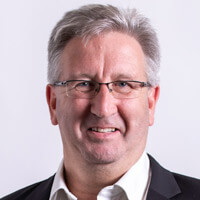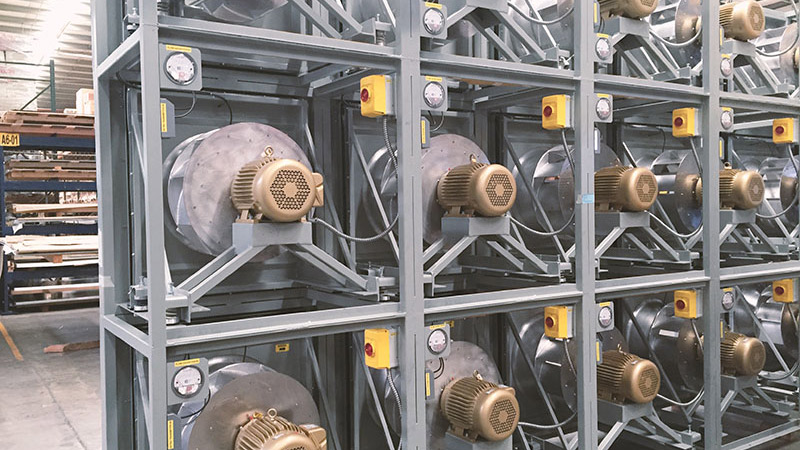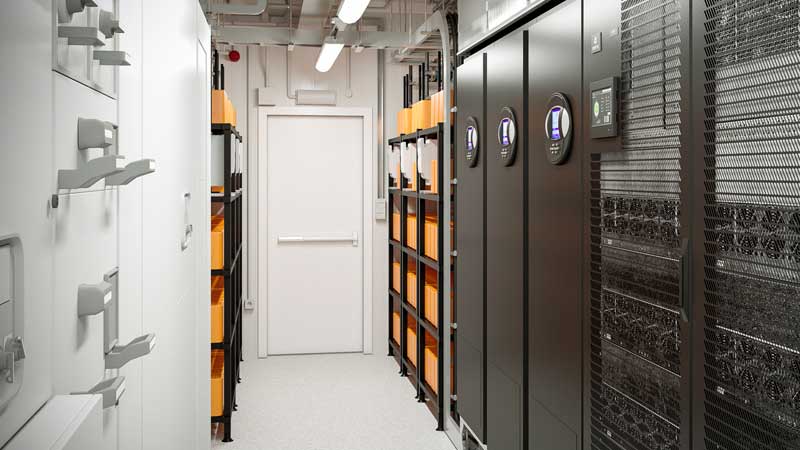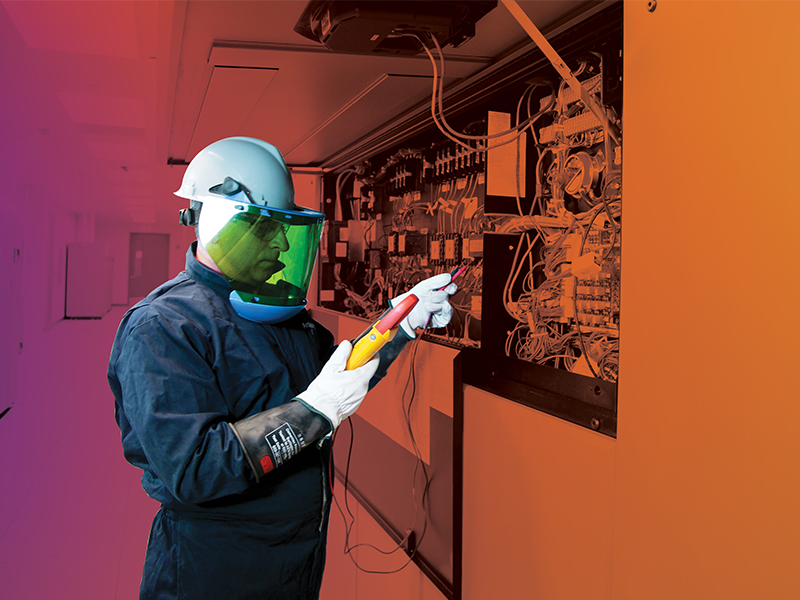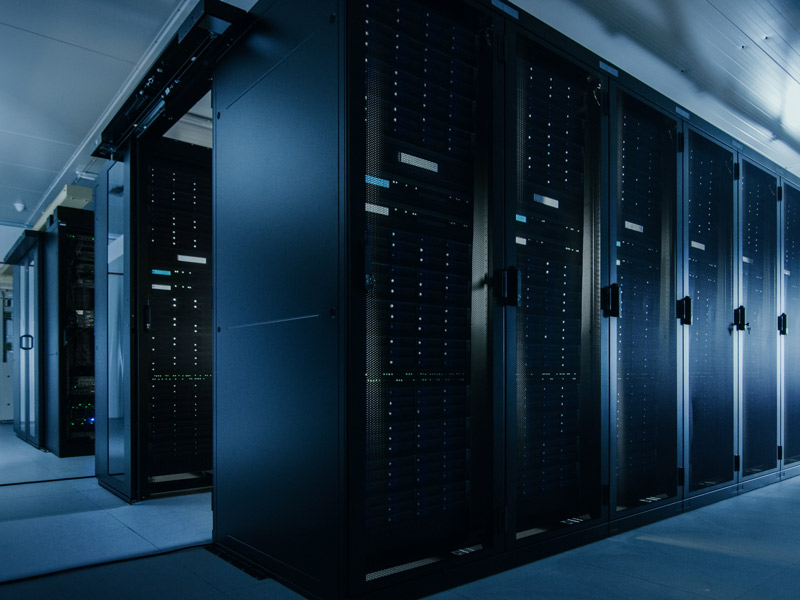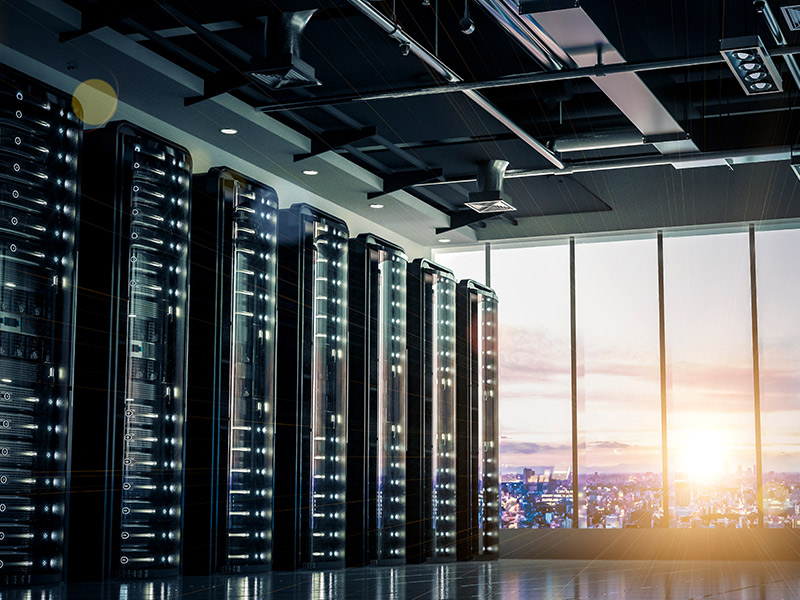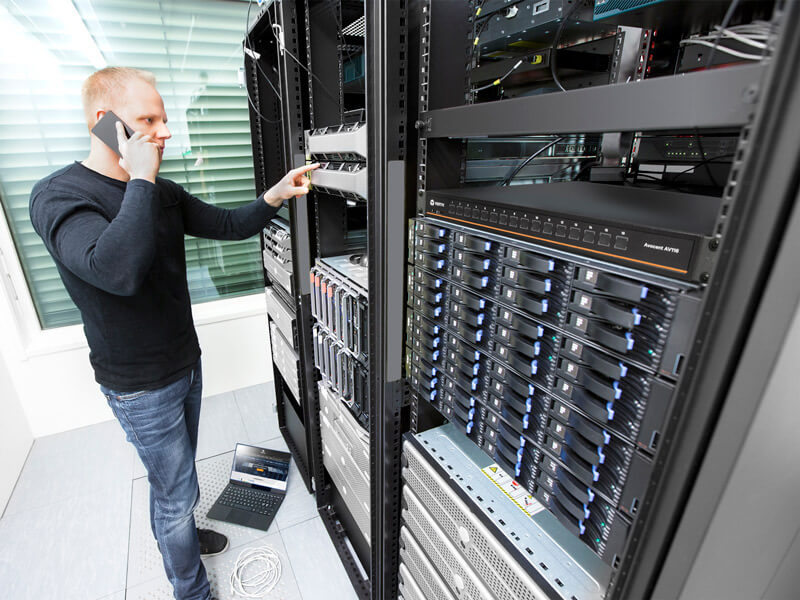In September 2021, Vlad Galabov from Omdia discussed the importance of services for data center owners and operators looking to improve efficiency in their operations with Michael Okeeffe, Vice President for EMEA Services from Vertiv for a Data Center Knowledge Fast Chat. What follows is the transcript of this conversation.
How do data center services address operational efficiency?
Vlad: Hi and welcome to this Data Center Knowledge Fast Chat powered by Omdia. My name is Vlad Galabov and I’m the head of the data center research practice here at Omdia. Today I’m joined by Michael Okeeffe who is the VP of EMEA services at Vertiv and today we’re going to talk about data center services and what do they mean and how can they help operators. So, Michael, if we kick off the conversation with a question that seems to be near and dear to many people’s hearts. Every year we run a survey with over 6,000 enterprise decision makers and this year they said that their top concern was operating efficiency. So, do data center services address operational efficiency and how?
Michael: Hi, Vlad. Thanks for the opportunity to be here to talk. Traditionally, our services have been based around risk and risk management, reliability of sites, the resilience of sites, these types of activities. But now, pretty much every conversation has an element of sustainability and that really has been evolving our service business over the past years. So, we’re looking at sites and design for sites, minimum power usage/maximum efficiency, both at the equipment level or site design level, and then we’re looking at services to continuously review that throughout the lifecycle at the site. We can have in-house monitoring. We can digitally model a site. We can look at temperature. We can look at airflows. We take the commissioning data as the baseline, and we’ll use those design parameters and check against them as we go through the lifecycle of the site. So as loads increase/decrease, we are continuously reviewing how we look at the energy usage of the site and we develop our services accordingly. So, I would say traditionally we were a project company with break/fix service as many traditional manufacturers were, and now, we’re moving to much wider operational support services.
How can data center services help data center operators to be more sustainable?
Vlad: And how is it that data center services address the very key and hot topic of sustainability, particularly?
Michael: I think it’s about lifecycle planning in the data center. You can’t just assume that the design parameters dictate how the data center will operate throughout its life. Customers need to be asking how long will this data center operate? What do I need to do to increase the life expectancy of the data center? What actions do I need to take in terms of equipment upgrades and equipment refurbishment? And they need to ask questions about how they are controlling energy usage. It’s more and more about focusing on equipment condition, particularly towards the end of life; using data analytics; having discussions with subject-matter experts; and within that planning cycle, don’t replace it too quickly but equally make sure that the older sites are operating as efficiently as they possibly can.
Vlad: That is very interesting. Very often, when it comes to sustainability, people talk about buying green energy, but it’s more than that. You just very well exemplified the fact that people need to think about more than just buying green energy. They can do a lot of other things to improve like the utilization of data centers longer.
Michael: Exactly, Vlad. It’s about how you use the energy, not just about the type of energy you are purchasing.
Is edge computing something Vertiv is addressing and what is your key recommendation/learning?
Vlad: Exactly. So, we can’t have a conversation without touching on one of the hottest topics today, and that is edge computing. We found out that 1 in 3 workflows today runs at the edge and this is expected to increase over the next five years. This means that enterprises and service providers are placing more high-value equipment at hard-to-reach places and sometimes in harsh conditions. So, with the value of edge infrastructure expected to pass $72 billion in 2024, there is a clear need for remote monitoring. Is this something that Vertiv is addressing and how do data center services help with this particular topic?
Michael: We’ve seen growth in the edge infrastructure and the importance of it within the network and there are challenges around that. In a large data center, there is a population of data center experts who can resolve issues as they come up — technical and operational. But in a far more distributed edge type environment, the clients probably don’t have the skills at the edge to be able to handle alarms and resolve operational issues. So, connectivity is important, and I think it goes up a level from monitoring. People now need a “hot button” so they can get an SME (subject matter expert) on the phone. They need to be able to do firmware upgrades remotely, they need alarm management, and in a large, distributed network, they are going to need some expert analytics. They aren’t doing thousands of truck rolls, but they really are targeted in how they support that infrastructure.
For sure we see that increase and we’re looking more and more into the edge applications and the services we offer to bring customers into a more traditional maintenance type regime. Previously, it was a repair only and they would swap out a kit when it failed. Now we need to be far more proactive. They need SLAs (service level agreements). They need a maintenance regime. We need to be using the analytics we can get from the site to make sure the resilience/reliability of the edge infrastructure is at the same level as the large data center/hyperscale type of installation.
Could you provide a brief summary of Vertiv’s data center services and how our viewers can engage with you?
Vlad: We’ve mentioned a few different services, but could you briefly summarize Vertiv’s data center services and how our viewers can engage with you?
Michael: As Vertiv, we like to support our customers throughout the lifecycle of the product. We have a wide variety of services, and they are mostly focused on targeted market sectors. Initially, advanced project services are very important for us. It might be something as simple as the startup of equipment through to a large site, L1- L5 testing with attendance to IST, customer hand over, and really establishing that benchmark for the site moving forward, which we can maintain against. And we see those advanced testing services as critical because we know from our stats that if you get the site right initially, and the site works well and has been commissioned well, you have far fewer problems throughout the lifecycle of that site. So, project services is very important for us. Then we have our maintenance activities … from the basic break/fix but increasingly using analytics, increasingly using connectivity, helping customers to switch their sites less and be more targeted in their approach to maintenance. That is a huge part of our organization as is supporting customers with qualified engineers on site. And, as we’ve talked about, using more machine learning, more AI to help customers operate their sites as efficiently as possible. We stay with the customer from the first equipment sale, through the project, right up to the end when customers are looking at the end of life of sites, and we can support them through those phases.
Vlad: Excellent. Well thank you very much for sharing this and for answering our questions today, and to our viewers, have a nice day!
For more on data center services, see our Guide to Mission-Critical Facility Services.
For information on Vertiv services in your region, see our Services page.
Read more on the value of partnering with Vertiv equipment and domain experts in our Service Spotlight Blog Series.


